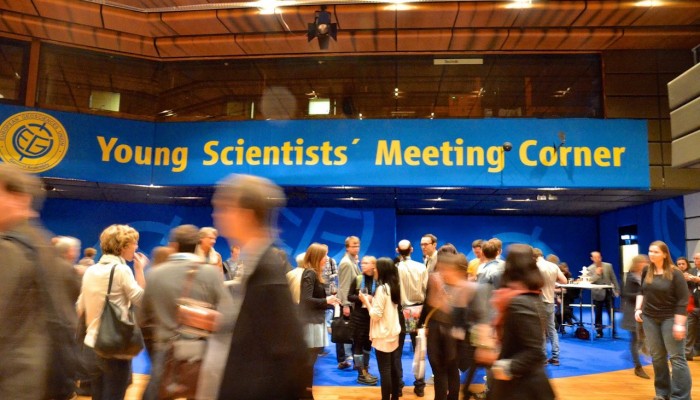Earlier this year the term Young Scientist (YS) was replaced by Early Career Scientist. Now, in a positive move, the EGU Council has approved a change to the definition of an ECS.
Previously the definition of an ECS was:
A scientist who is 35 years old* or younger, AND who can be an undergraduate or postgraduate (Masters/PhD) student or who has received his or her highest degree (e.g., BSc, MSc, PhD) within the past seven years*.
* Where appropriate, up to one year of parental leave time may be added per child.
However, feedback from early career scientists at the 2014 and 2015 Young Scientists Forums, supported by the findings of the Young Scientist Survey of 2014, highlighted that ECS benefits are important at the onset of an academic career, independent of the age of the recipient. Taking into account this view, the EGU Council has approved a new definition which is inclusive of those who start their research career later on in life.
The new definition reads as follows:
An Early Career Scientist (ECS) is an undergraduate or postgraduate (Masters/PhD) student or a scientist who has received his or her highest degree (BSc, MSc, or PhD) within the past seven years*.
* Provided parental leave fell into that period, up to one year of parental leave time may be added per child, where appropriate.
For more information contact
Laura Roberts
EGU Communications Officer (early career scientists’ contact person at the EGU Office)
Munich, Germany
Tel: +49-89-2180-6717
Email: roberts@egu.eu


